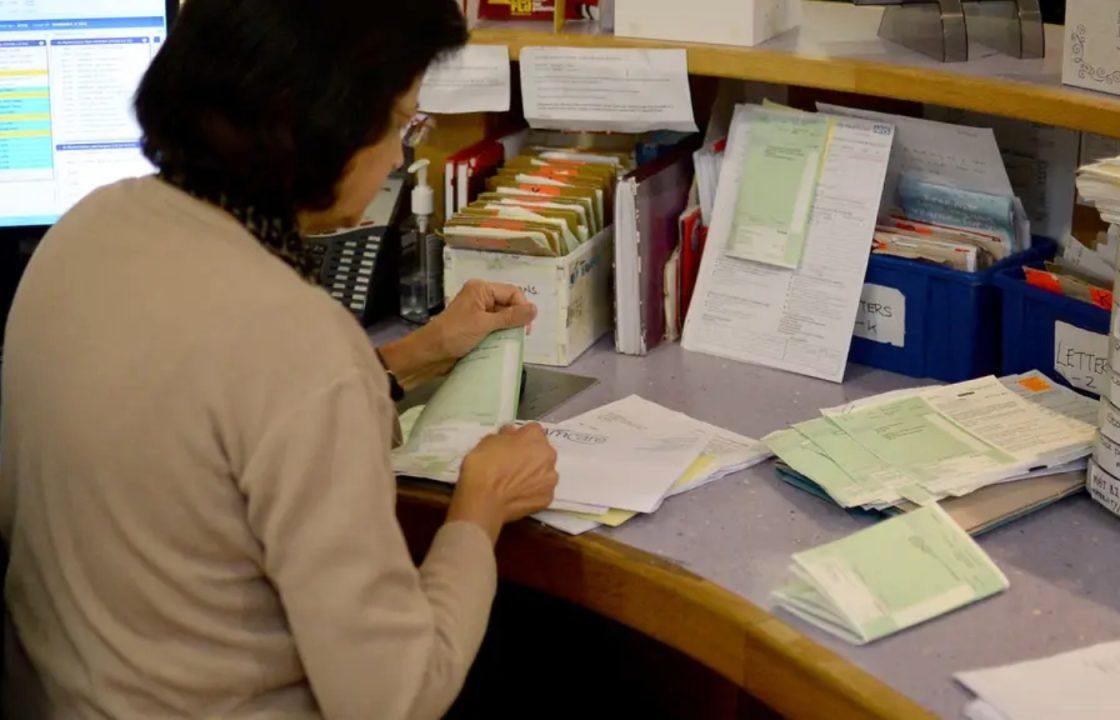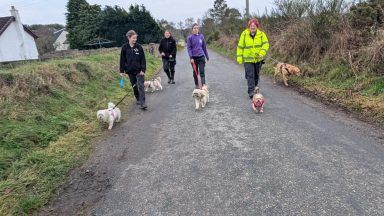MSPs are urging the Scottish Government to take urgent action to address access to healthcare in Scotland’s rural communities.
The health committee’s inquiry into the issue found staff retention remains one of the key challenges in delivering health services in remote and rural areas.
Its report also found the availability and affordability of housing, as well as access to training, were significant factors in retaining health staff in these areas.
The committee has called on local NHS boards, councils, trade unions and the Scottish Government to work together to find a solution.
During its inquiry, MSPs heard how Scots living in rural areas struggled to get in-person appointments and were often forced to travel long distances and pay for accommodation costs
The health committee said the system of reimbursing patients differed from each location and depended on their personal circumstances, such as whether they claimed benefits.
It called for a fairer and more consistent approach to reimbursing travel costs.
There were also pleas for the Scottish Government to set out how it will enable digital access to healthcare in remote and rural areas.
The committee said while it commended the current provision of remote and rural healthcare, more action is needed to ensure high-quality services are more consistently delivered throughout all parts of the country.
Clare Haughey, who convenes the Health, Social Care and Sport Committee, said a “one size fits all approach” is not working.
The SNP MSP said: “Our inquiry has shone a light on the unique challenges facing remote and rural healthcare services, both for those accessing and those delivering those services.
“The evidence suggests that often healthcare policy is developed as ‘one size fits all’, which fails to address the particular needs of remote and rural communities.”
She said a more flexible approach that responded to each community’s local needs was required.
She added: “We believe that developing a tailored approach to healthcare service delivery that reflects local challenges and circumstances should be an overarching priority of the new National Centre for Remote and Rural Health and Care.
“We also look forward to the forthcoming publication of the Scottish Government’s Remote and Rural Workforce Recruitment Strategy and how this strategy will address some of the workforce-related issues our report highlights.
“The voices of people who live in remote and rural areas and work or receive care in these settings have been at the centre of our inquiry and we thank them for their vital contribution to this report.”
A Scottish Government spokesperson said: “We expect and rely on health boards to plan and deliver services to meet the needs of local populations, our role is to set the national policy and direction, and create the conditions for local implementation.
“This is particularly relevant in rural and island areas where we know that sustainability can be challenging.
“The national centre for remote and rural health and care is working to support health and social care providers to establish long-term sustainable healthcare in rural and island areas.
“The aim is to help reduce remote, rural and island health and wellbeing inequalities through focused work on improving sustainability, capacity and capability of remote, rural and island primary care, and community-based workforce and service delivery.”
Follow STV News on WhatsApp
Scan the QR code on your mobile device for all the latest news from around the country


 PA Media
PA Media
























